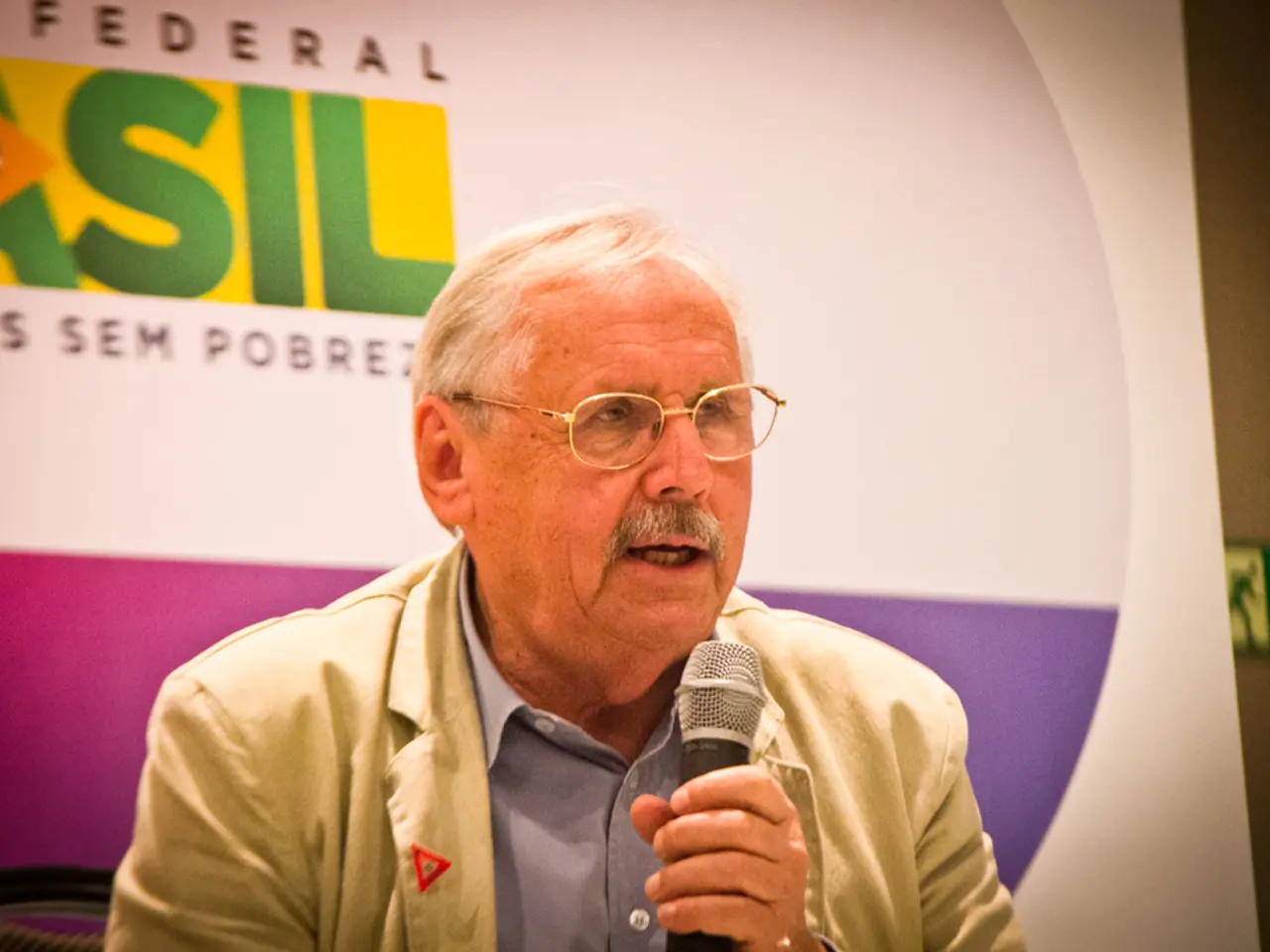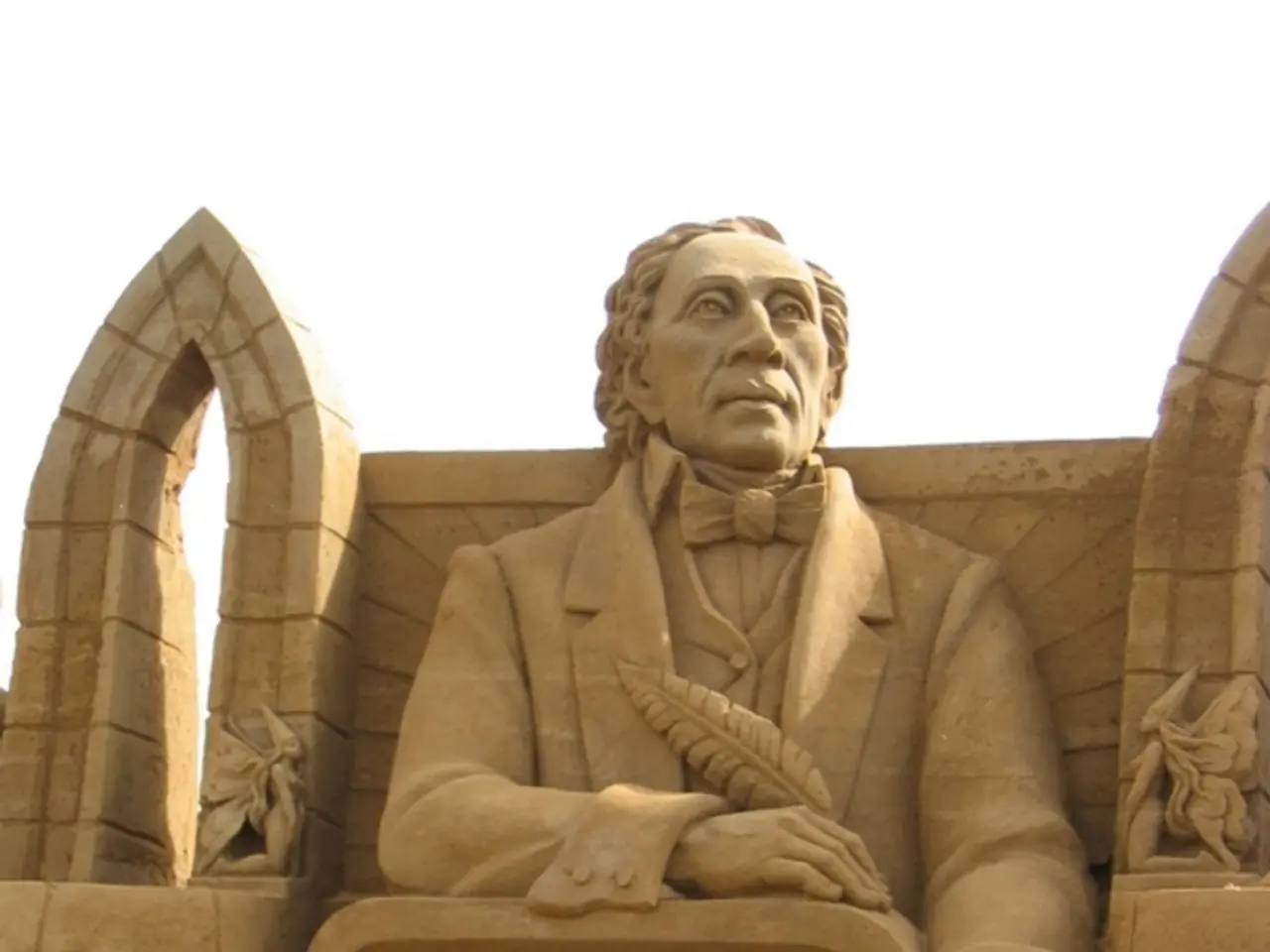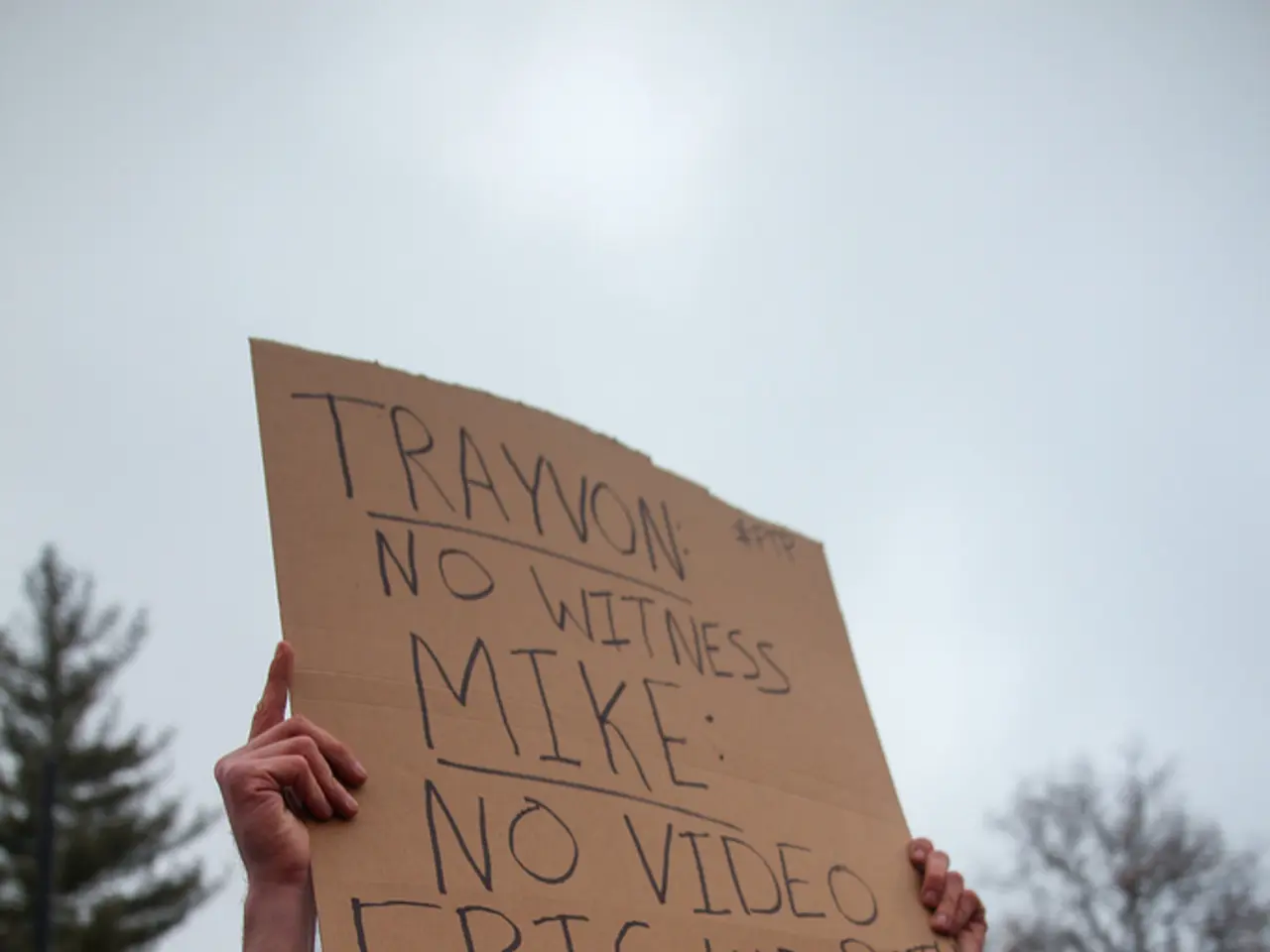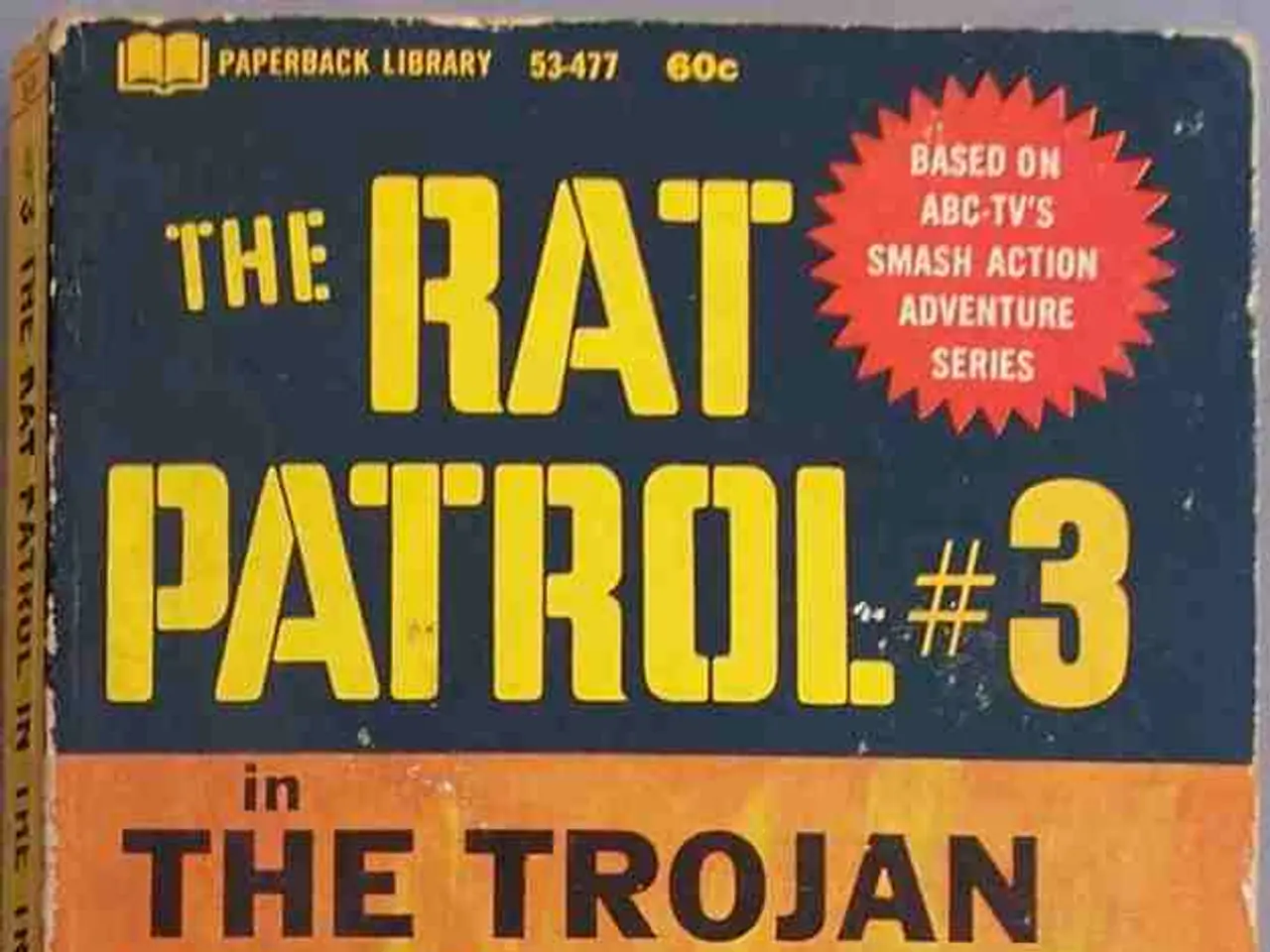Ghislaine Maxwell, in a Department of Justice interview, reportedly made no damaging statements related to Donald Trump, according to reliable sources.
In a surprising turn of events, the Trump administration is considering the public release of transcripts from Ghislaine Maxwell's interview with Deputy Attorney General Todd Blanche.
Maxwell, currently serving a 20-year sentence at a federal prison camp in Texas, was moved from a federal prison in Tallahassee, Florida, earlier this year. The interview between Maxwell and Blanche took place over two days in July 2025, at the U.S. attorney’s office in Tallahassee. According to Maxwell's lawyer, David Markus, she answered all questions posed during the interview without withholding information.
The interview's unorthodox nature has raised eyebrows among former federal prosecutors, who view it as politically motivated. They argue that it is highly unusual for a deputy attorney general to conduct direct interviews with convicted individuals, particularly those who may be seeking leniency or a pardon.
During the interview, Maxwell reportedly stated that former President Donald Trump "did nothing wrong" in relation to Jeffrey Epstein's crimes. This statement, made while Blanche was also Trump’s former criminal defense attorney, has been met with skepticism by commentators and victim advocates given Maxwell’s credibility issues and the political context.
The potential release of the transcripts is part of a broader political strategy, with DOJ officials hinting at public disclosure. However, it remains unclear whether the audio recording of the interview will also be released. The intent appears to be shaping public narrative, especially around accusations involving Trump, who retains pardon power.
Maxwell's appeal against her conviction is currently underway, with the case being heard by the U.S. Supreme Court. Trump has not ruled out the possibility of a pardon for Maxwell. In an interview with Newsmax, Trump expressed a desire to release everything from the meetings but wants to avoid causing harm to individuals who shouldn't be hurt.
Maxwell's lawyer, David Markus, has stated that Maxwell "would welcome any relief." Todd Blanche, the Deputy Attorney General, has tweeted that the Department of Justice will share additional information about what was learned during the meetings at an appropriate time.
It is worth noting that ABC News previously reported that Maxwell requested the interview with the DOJ. The White House and the DOJ have yet to respond to a request for comment regarding the potential release of the transcripts.
As the situation develops, the public awaits the decision on whether the transcripts will be released, shedding light on Maxwell's account of events and potentially influencing the ongoing narratives surrounding the Epstein case.
- The potential release of transcripts from Ghislaine Maxwell's interview with Deputy Attorney General Todd Blanche, part of a broader political strategy, is causing debate in the realms of policy-and-legislation and politics, as former prosecutors view it as unusual for a deputy attorney general to conduct direct interviews with convicted individuals, particularly those who may be seeking leniency or a pardon.
- The general-news landscape is abuzz with speculation over the release of transcripts and potential audio recordings from Ghislaine Maxwell's interview with Deputy Attorney General Todd Blanche, as the controversy surrounding her account of events in relation to Jeffrey Epstein's crimes and her ongoing appeal intertwines with the crime-and-justice narrative, potentially influencing the public perception and shaping narratives surrounding the Epstein case.





